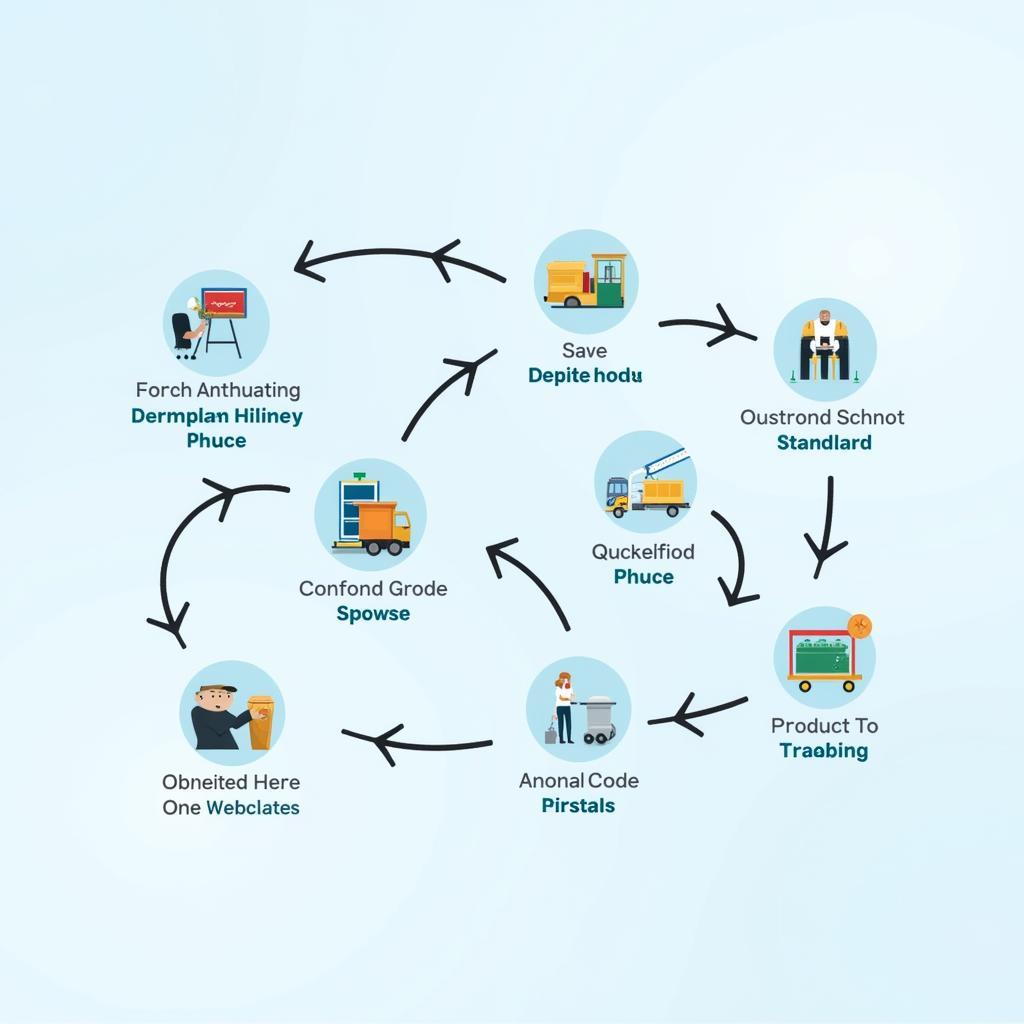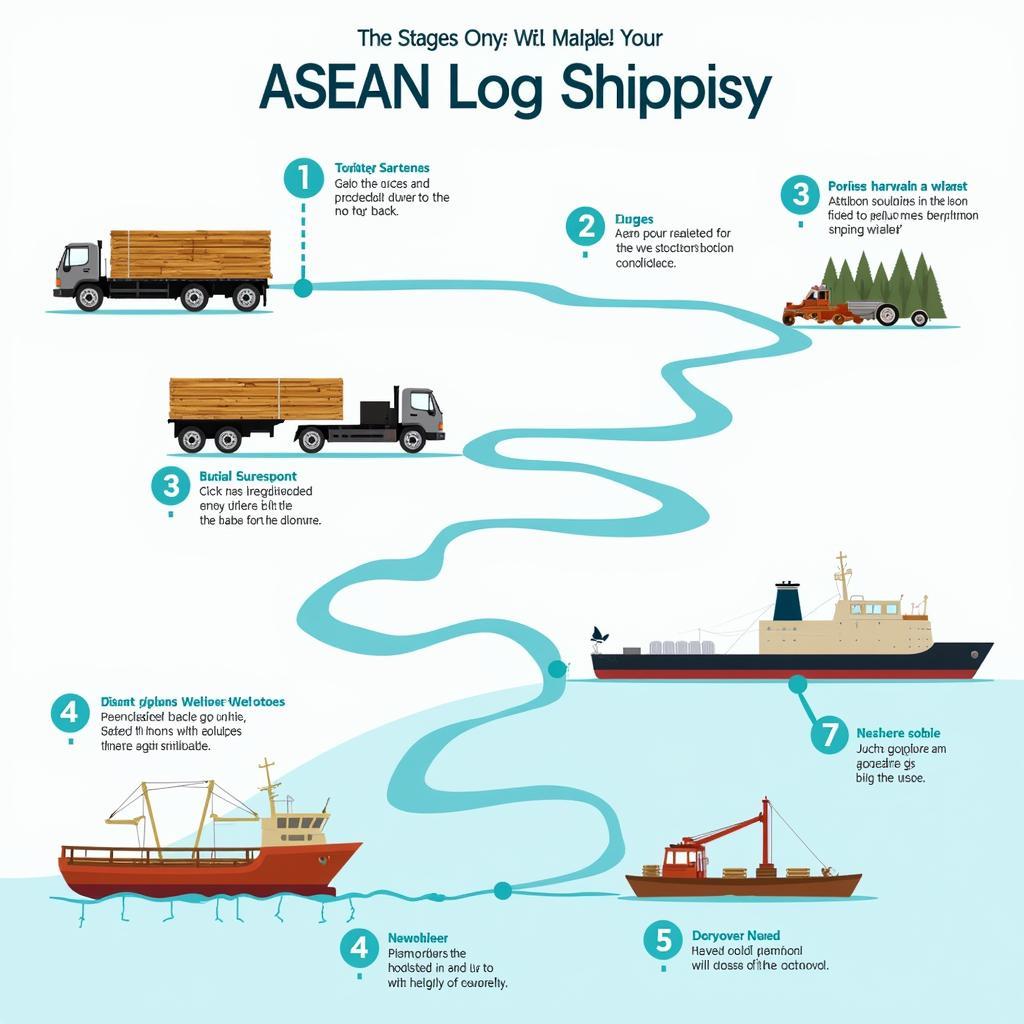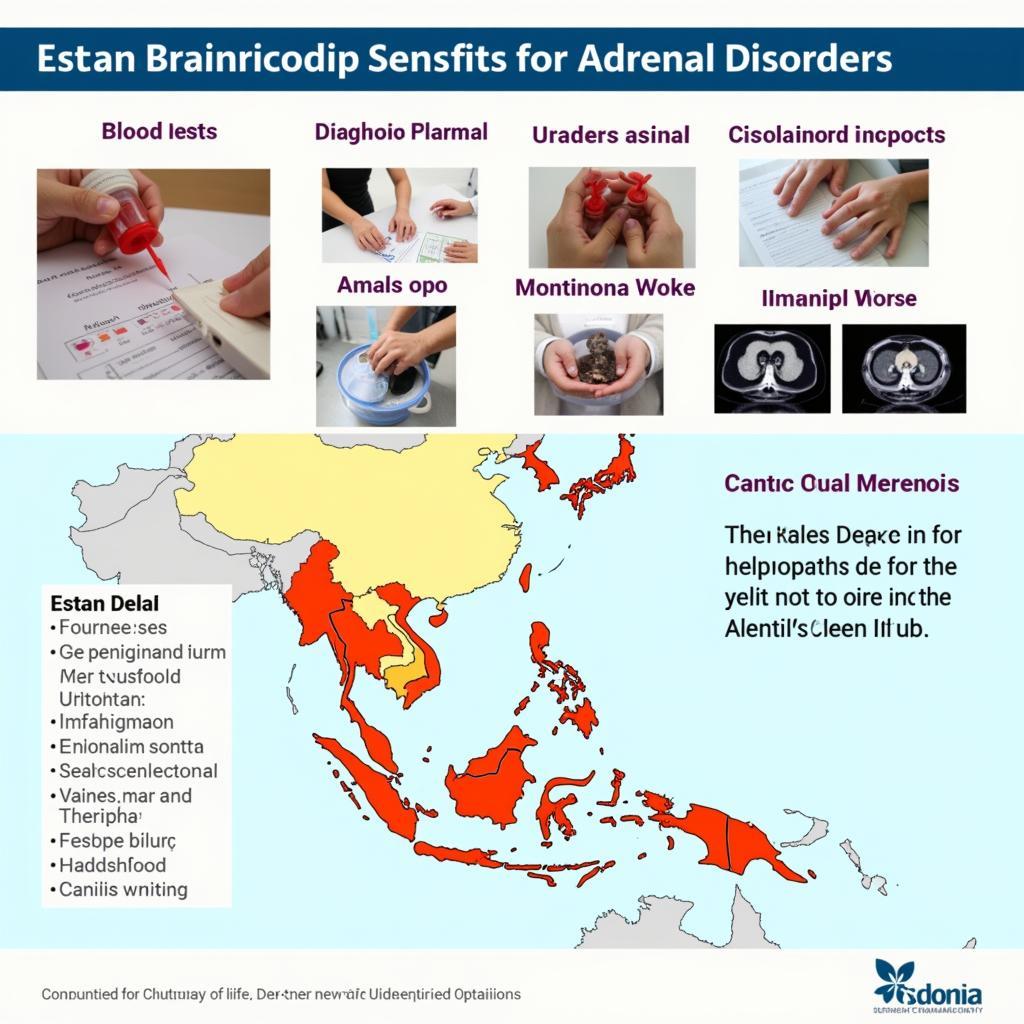ASEAN standards play a crucial role in facilitating trade and economic integration within the Southeast Asian region. They ensure quality, safety, and interoperability of goods and services, fostering consumer confidence and promoting sustainable development. This article delves into the significance of these standards, exploring their impact on various sectors and the benefits they bring to businesses and consumers alike.  ASEAN Standards Impact on Trade
ASEAN Standards Impact on Trade
What are ASEAN Standards?
ASEAN standards are technical specifications developed by the ASEAN Consultative Committee for Standards and Quality (ACCSQ) to harmonize product requirements across the region. They cover a wide range of areas, including food safety, construction materials, automotive parts, and electronics. These standards are voluntary but are increasingly adopted by businesses as a way to demonstrate their commitment to quality and improve their competitiveness. They serve as a common language for businesses, regulators, and consumers, facilitating seamless trade and boosting consumer trust.
What are the advantages of adopting ASEAN standards? Well, businesses that comply with ASEAN standards can gain easier access to regional markets, reduce technical barriers to trade, and enhance their brand reputation. For consumers, these standards offer greater assurance of product quality and safety. For example, adhering to ase standards can enhance product quality.
The Impact of ASEAN Standards on Key Sectors
ASEAN standards have far-reaching impacts across numerous sectors. In the automotive industry, for instance, they ensure the interoperability of parts and components, enabling manufacturers to source materials and parts from different countries without facing compatibility issues. In the food industry, ASEAN standards play a vital role in ensuring food safety and hygiene, protecting consumers from health risks. This contributes significantly to food security within the region.
How ASEAN Standards Enhance Trade Facilitation
ASEAN standards simplify trade processes by establishing a common set of requirements for goods and services. This reduces the need for costly and time-consuming testing and certification procedures, making it easier for businesses to export and import products within the region. Harmonized standards also help to minimize trade disputes, fostering a more predictable and stable trading environment. Implementing ase emission standards promotes environmental protection across the region.
Benefits for Businesses and Consumers
Adopting ASEAN standards offers numerous benefits for both businesses and consumers. Businesses can improve their product quality, enhance their brand reputation, and gain access to new markets. They can also reduce costs by streamlining production processes and minimizing waste. Consumers benefit from increased product safety and reliability, as well as a wider choice of goods and services. Furthermore, standardized products often lead to more competitive pricing, giving consumers more value for their money. Looking for credible ase education foundation standards? Our website offers detailed information.
What are the Challenges in Implementing ASEAN Standards?
Despite the numerous benefits, there are challenges in implementing ASEAN standards. These include varying levels of development and capacity among ASEAN member states, as well as the need for greater awareness and understanding of these standards among businesses and consumers. Overcoming these challenges requires continuous efforts in capacity building and information dissemination.
The Future of ASEAN Standards
ASEAN standards will continue to play an increasingly important role in shaping the economic landscape of Southeast Asia. As the region moves towards greater integration, these standards will become even more crucial in facilitating trade, promoting innovation, and ensuring sustainable development. Are specific ase standards for aortic stenosis available? While not directly addressed, the framework promotes healthcare advancements. Consider ase emergency vehicle certification for insights into vehicle standardization.
Conclusion
ASEAN standards are an essential tool for promoting economic growth and integration within the ASEAN region. By adopting these standards, businesses can enhance their competitiveness, improve product quality, and access new markets. Consumers, in turn, benefit from safer, more reliable products and a wider range of choices. ASEAN standards are a win-win for everyone, contributing to a more prosperous and sustainable future for Southeast Asia.
FAQ
- What are the main objectives of ASEAN standards?
- How do ASEAN standards benefit consumers?
- What sectors are covered by ASEAN standards?
- Who develops ASEAN standards?
- How can businesses apply for ASEAN certification?
- What is the ACCSQ?
- Where can I find more information on ASEAN standards?
For further assistance, please contact us at Phone Number: 0369020373, Email: aseanmediadirectory@gmail.com or visit our office located at Ngoc Lien Village, Hiep Hoa, Bac Giang, Vietnam. We have a 24/7 customer support team ready to assist you.

